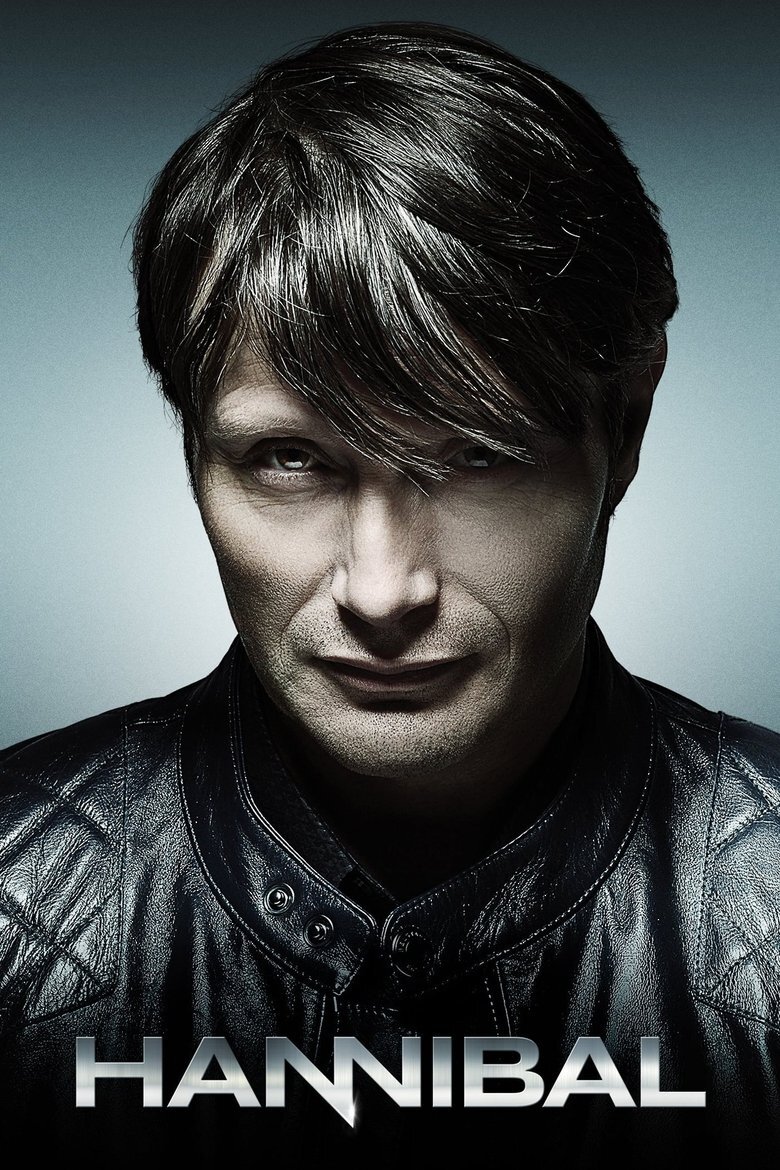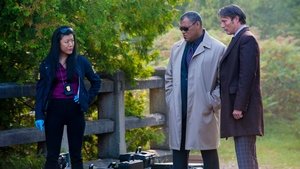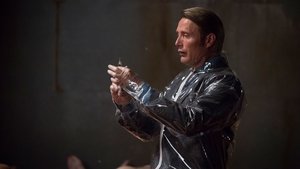"When it comes to nature versus nurture, I choose neither. We are built from a DNA blueprint and born into a world of scenario and circumstance we don't control."
If
Kaiseki, the first episode of season two, set the table, then
Sakizuki serves the first course — and it's a bloody one. In traditional Japanese cuisine, the
sakizuki dish is meant to prepare the senses, hinting at the meal’s deeper flavors to come. Fittingly,
Sakizuki delivers a brutal, symbolic taste of the episode's central concern: if humanity is created in God’s image, and humanity creates such horror, what does that say about God?
This existential rot doesn't just infect the victims — it spreads to the characters themselves. Jack Crawford begins to doubt the goodness of humanity after what happened to Will, struggling with the possibility that monstrosity is a built-in feature, not a rare deviation. Will Graham, meanwhile, taps into his own budding godhood — weaponizing perception and manipulation, learning to control the very image others project onto him. He is no longer a passive victim; he is learning to create reality itself, stepping dangerously into the same space Hannibal occupies. Watching Will turn the tools of manipulation back around is both satisfying and a little terrifying — it's a real "student surpassing the master" moment in the making.
Unlike the first season still bound by more traditional network TV structures, "Sakizuki" is where
Hannibal really starts digging its claws in — because for once, it's not just Hannibal doing the hunting. That once-familiar power dynamic is now flipped: while Hannibal is still orchestrating chaos with his usual psychopathic finesse, he’s also slipping. He's playing too much, inserting himself too openly into the world’s design, mocking God's creation by stitching together his own ghastly "eye" — humanity reflected as pure abomination.
One thing
Sakizuki highlights brilliantly is how Hannibal stands apart from other “gentleman killers” like Dexter Morgan or Barry Berkman. There’s no tortured morality here, no justification that makes the violence “palatable.” Hannibal doesn’t kill because the world needs cleaning up — he kills because that's
what he is. A pure predator. And without the moral leash,
Hannibal finally explores, unfiltered, how a predator like him would move when trying to reshape the world in his own image, to create meaning where he sees none, to elevate destruction into art.
Speaking of predators: Gillian Anderson delivers a quiet gut-punch this week as Bedelia Du Maurier. If you still remember her calm, cool control from
The X-Files, seeing her crack just a little under Hannibal’s looming presence is unsettling in all the right ways. The moment when he slowly advances toward her isn’t just about physical threat — it’s about power. Bedelia recognizes that Hannibal isn't simply a murderer; he is an existential force, one who decides whose reality endures, and whose gets snuffed out.
And yes, Will Graham fans — rejoice.
"This is my design" finally drops, and it’s glorious. Hearing it this season hits different — heavier, sadder, more dangerous — because now, Will understands the cost of creation.
If there’s any fault to find, it's that the “killer of the week” element feels almost secondary now — more a stepping stone than a fully fleshed-out opponent. But honestly, at this stage, that feels like the right call. The real battle is Hannibal vs. Will, a spiritual battle that's finally becoming personal.
Bottom line:
"Sakizuki" is layered, psychological, and quietly brutal — the point where
Hannibal stops being just gorgeous horror and becomes operatic soul warfare.



























